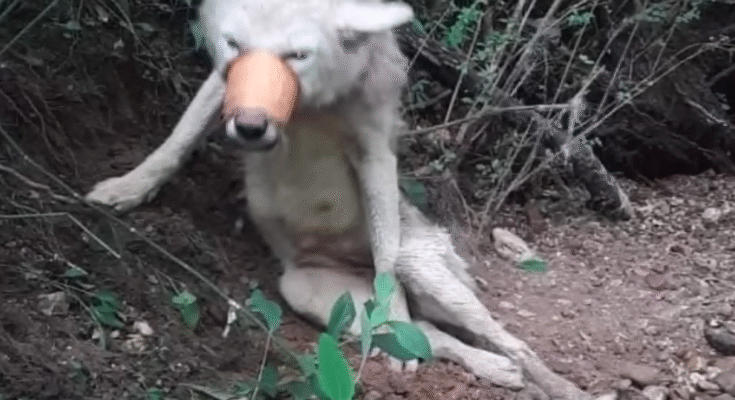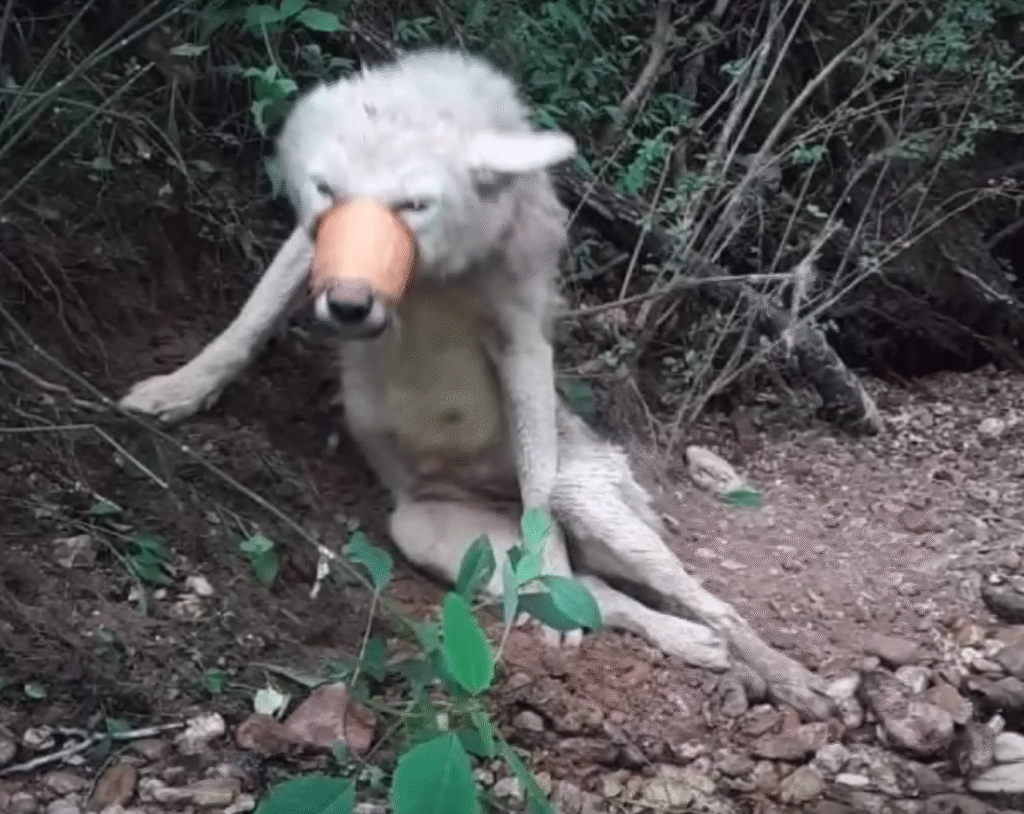
The river moved silently beneath the pale moon, its dark surface broken only by the occasional ripple. On most nights, it was a place of peace — fishermen casting their nets, children playing on the banks at dusk, lovers sitting under the trees. But tonight, the river had turned into a witness. It watched as a figure crawled from the treeline and onto its muddy edge, trembling and bleeding.
She collapsed hard against the wet earth, her hands shaking as they clawed at the ground. Her breaths came ragged and shallow, every inhale burning like fire in her chest. In the cold silver light, the truth of her condition was clear: six gunshot wounds scattered across her body — shoulder, thigh, side, grazing her arm, another in her back. Blood soaked through her torn clothes, dripping into the water and dissolving into red clouds.
A strip of gray duct tape sealed her mouth, pressing painfully against cracked lips. It muffled every cry she tried to make, every gasp of agony. Her wrists were bound with the same tape, the skin beneath raw from struggling. She had managed to crawl this far after her captors left, but her body was giving out.
She was alone, except for the river.
Hours earlier, she had been someone’s daughter, someone’s sister, someone’s trusted colleague. Her name was Arina, and until that night, she had believed she was untouchable — too smart, too careful to end up in a situation like this. But she had stumbled onto something she shouldn’t have: a secret transaction, a shipment, a set of names tied to powerful men.
She hadn’t meant to. It had been a routine assignment for her job as a low-level logistics clerk, double-checking inventory records at a warehouse on the outskirts of town. But a single unlocked file folder, a single document left on a desk, had changed her life.
Numbers that didn’t add up. Cargo lists that didn’t match the manifests. And at the center of it all, evidence of weapons being smuggled under the guise of humanitarian aid.
Arina knew she should have looked away. But she didn’t. She copied the files to a flash drive, thinking she’d hand them to a journalist friend she trusted.
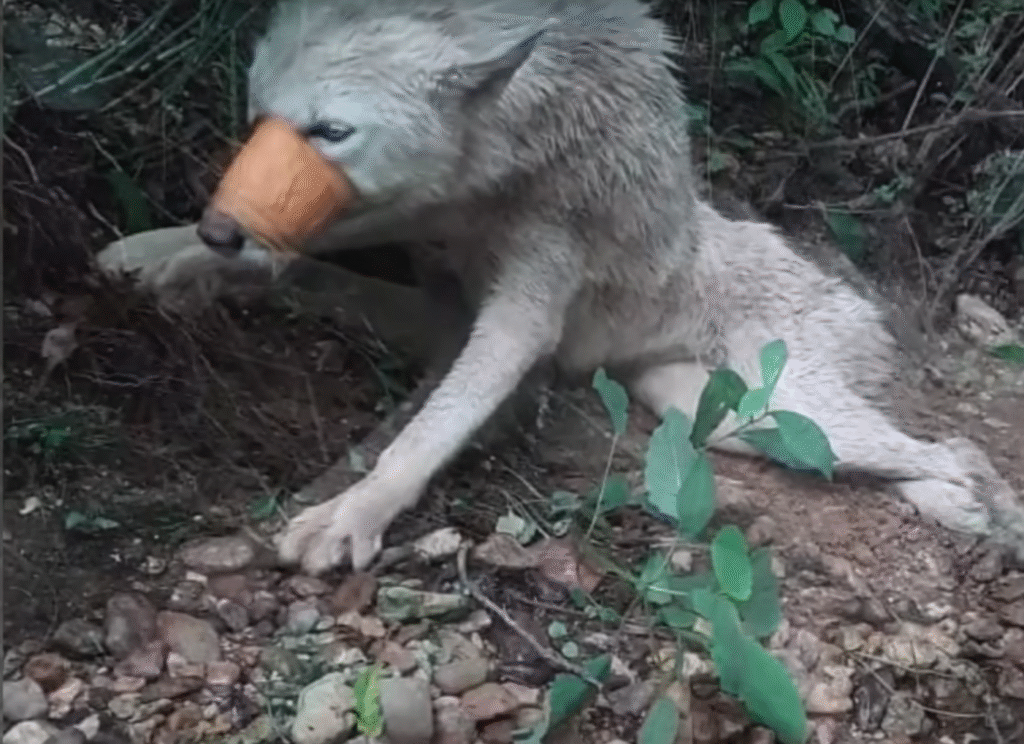
She never got the chance.
They came for her at night.
Two men in black masks forced their way into her apartment. She fought — scratching, kicking, screaming — but they were too strong. They bound her hands and gagged her before the neighbors could hear.
They drove her for hours in the back of a van. No words, no explanations. Just the hum of the engine and the muffled pounding of her own heart.
When the van stopped, she was dragged into the woods. The tape on her mouth cut off her screams. She saw the glint of a gun under the moonlight.
It all happened so fast.
One shot cracked the night air, then another, then four more. She felt the impact — like hammers slamming into her body. She fell into the dirt, the pain blinding.
They thought they’d killed her. They didn’t even bother to check. They just walked away, leaving her broken body near the river, assuming the current would finish what they started.
But Arina didn’t die. Not yet.
Some stubborn force kept her awake, kept her crawling. Maybe it was instinct, maybe it was fury, maybe it was the small, fierce hope that if she could reach the water, she could leave behind a clue — anything — before her life ended.
The riverbank was slick with mud. She dragged herself inch by inch, every movement tearing at her wounds. Her vision blurred. The world tilted. Insects buzzed in her ears.
She reached the edge of the water and stopped.
The moon reflected in the river looked like an eye staring back at her — cold, silent, watching. She pressed her bound hands into the mud, feeling the earth between her fingers, grounding herself as the darkness crept closer.
She thought of her younger brother, of his birthday coming next week. She thought of the flash drive still hidden in the lining of her jacket — the one she had managed to slip in before they grabbed her.
If someone found her body, they would find the drive. They would know the truth.
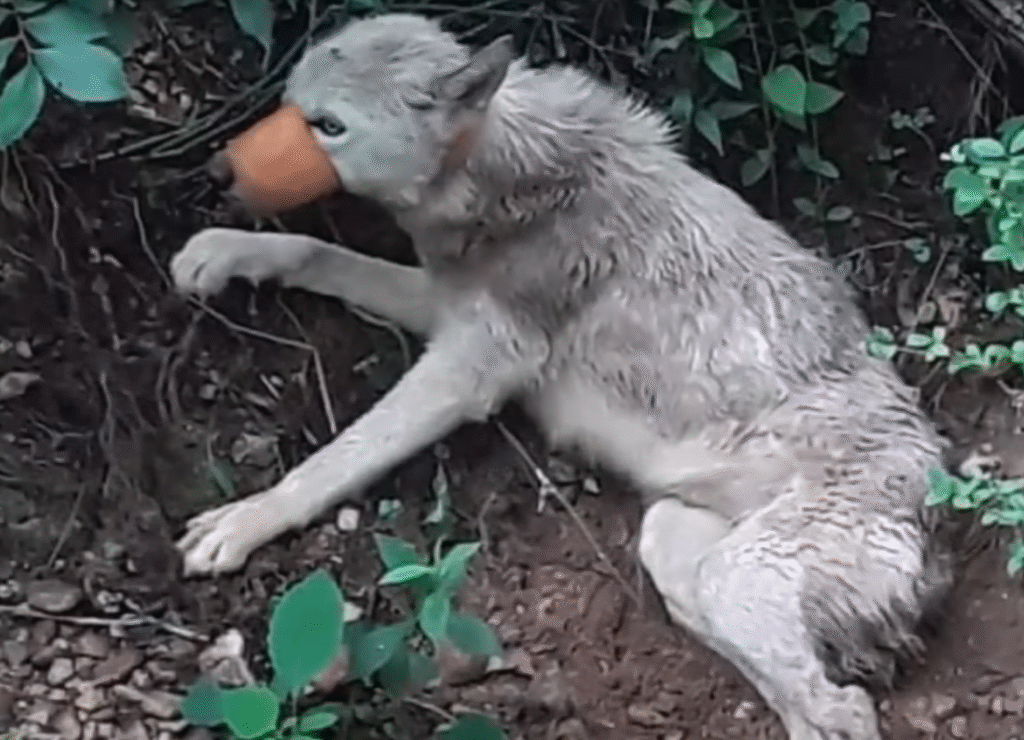
Minutes passed like hours. Her heartbeat slowed.
Somewhere in the distance, an owl called. Leaves rustled. A twig snapped. For a moment, she thought they had come back to finish the job.
But then a flashlight beam cut through the darkness.
“Wait… is that… someone’s there!” a voice called out.
Two men in orange vests emerged from the trees — fishermen heading home late, their gear slung over their shoulders. One of them dropped his bucket and ran toward her.
“Oh my God,” he muttered, kneeling beside her. “She’s alive!”
Her eyes fluttered open. She tried to speak, but the tape held her words prisoner.
“Get the tape off her mouth!” the second man said. His hands trembled as he peeled it away.
The moment the tape ripped free, Arina gasped for air, coughing blood. Her voice was barely a whisper. “Flash drive… jacket… tell… the police…”
The first man reached into her jacket and felt the hidden pocket. His eyes widened when he pulled out the small black drive.
“Call an ambulance!” he shouted.
The second man was already dialing, his voice urgent. “Yes, we’ve got a woman here — she’s been shot, she’s bleeding out—”
Arina closed her eyes, relief washing over her. She didn’t know if she’d survive. But she had done what she could. The evidence was out. Someone else would carry it now.
The ambulance arrived within minutes, its siren slicing through the night. Paramedics rushed to her side, cutting through the tape on her wrists, pressing bandages to her wounds. They lifted her onto a stretcher, their voices a blur.
“She’s lost a lot of blood,” one said. “We need to move now!”
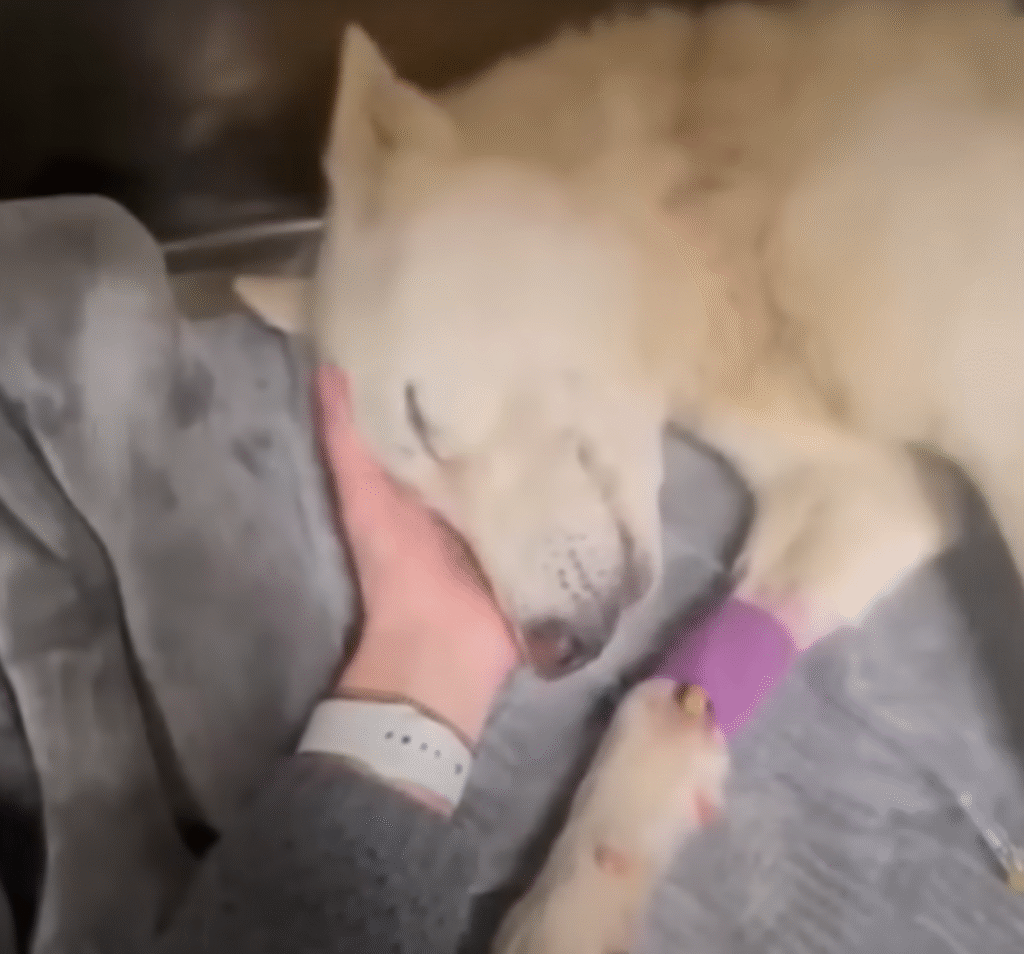
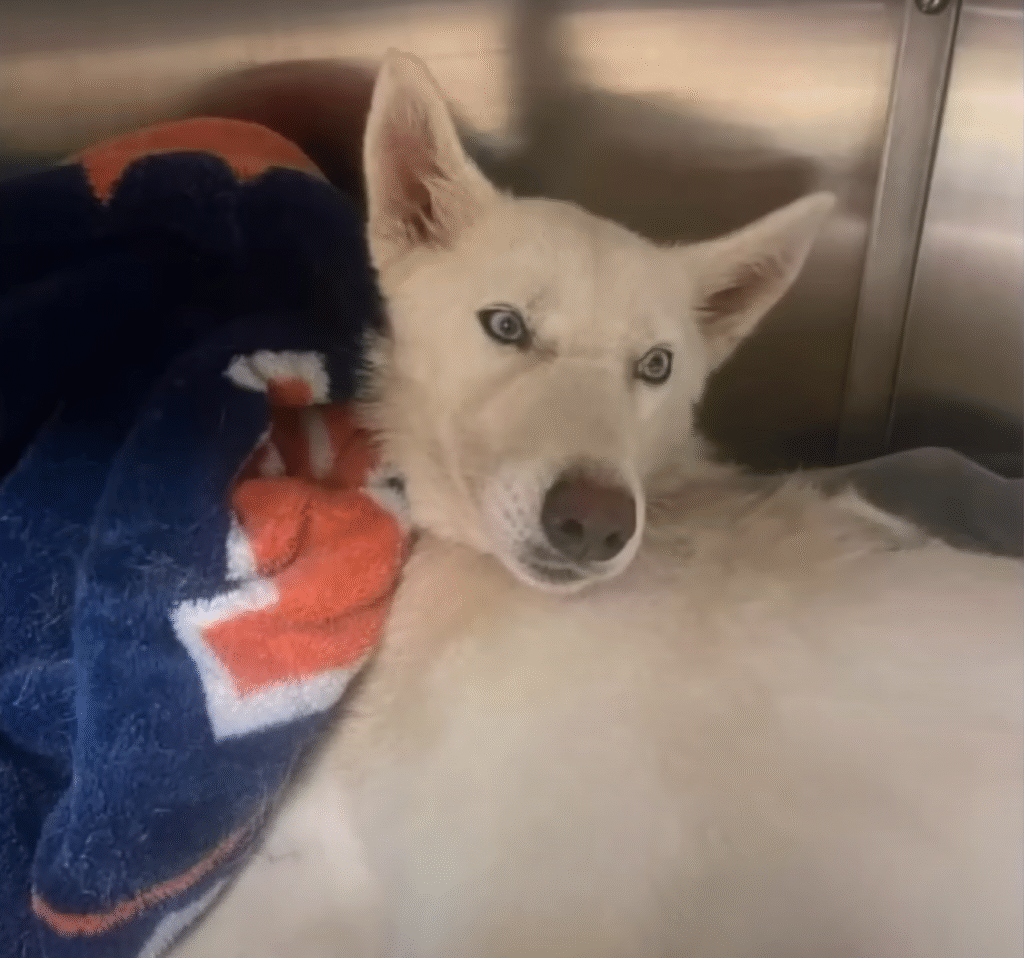
As they carried her toward the waiting vehicle, Arina’s head lolled to the side. She saw the river one last time — calm, endless, carrying away the last traces of her blood.
She wasn’t sure if she would ever wake again.
But she did.
Days later, she opened her eyes in a hospital room. White ceiling, sterile smell, the faint beep of a heart monitor. Her body was bandaged, weak, but alive.
A detective sat at her bedside. “We’ve seen the drive,” he said quietly. “Because of you, we’ve already made arrests. You saved lives.”
Arina stared at him, her throat too dry to speak. She had been prepared to die on that riverbank, but instead, she had become a witness — a survivor.
The road to recovery would be long. The scars — both physical and emotional — would never fully fade. But she was alive. And she had not been silenced.
Months later, when she was strong enough to walk, Arina returned to the riverbank. The mud had dried. The grass had grown back. There was no trace of the night she almost died.
She stood there for a long time, watching the water flow. It had been the last thing she saw before she blacked out, the only witness to her fight for survival.
She knelt by the edge, pressing her palm into the earth. “I made it,” she whispered.
The river flowed on, silent but steady — like life itself, carrying pain, secrets, and hope downstream, never stopping.
And Arina, scarred but unbroken, turned away from the water and walked back into the world she had fought so hard to stay in — a world she now had the power to change.
